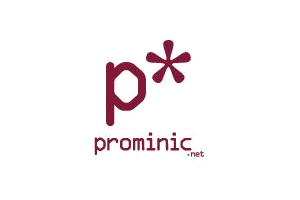WASTE not want not
Tags :Technical
IM Planet had a cool little article that I
had to go check out and download the software.
The developer of Gnutella (Justin Frankel)
took a bold move by releasing WASTE on the Nullsoft website (subsidiary
of Time Warner America Online). Well for the short hours it was up
there before someone in management had a coronary and removed it form the
site, it was of course downloaded. A nice warning was put in it's
place that revokes all user licensing to the program.
It soon reached the open source community
on SourceForge.net
and, of course, it has jumped into Alpha version for Windows. What
the heck does it do then Chris? A lovely, non-centralized, small
file size (approx 300k), P2P application for IM, group chat, file sharing
and directory browsing. So
what is the big deal?
Architecturally, WASTE
creates a web of distinct nodes linked by peer-to-peer connections; it's
not centralized, like the traditional instant messaging networks operated
by America Online, Microsoft, and Yahoo!.
As a result, network traffic flows throughout
the entire web of nodes -- even circumventing firewalls -- and the loss
of one user won't bring down the entire network. The application also can
support a form of authenticated auto-discovery of new users -- enabling
recent additions to the network to appear in others' contact lists, automatically.
Trust comes into play because a user
wishing to gain entry into the network must exchange public keys with a
current participant. Depending on users' trust settings, a user that joins
the network by linking to an already-collaborating peer is generally available
for collaboration with all others, although participants can set their
program to require manually authorization of new peers.
In other words, WASTE's lowest level
of trust protections mean that someone in a WASTE workgroup must authorize
the entry of an outsider. At its highest setting, individual users must
decide whether to become visible to each new addition.
WASTE also provides for high-level information
security. The system relies on 1,536-bit RSA public keys for session key
exchange and authentication. Links between users are encrypted using Blowfish
in Propagating Cipher Block Chaining mode. Consequently, text chat and
file sharing is secure and encrypted.
The application also provides for clear-text
logging of IM conversations.
Hot damn I say. Distributed P2P,
trusted source only sharing and freeware. Hmmmmm, what is next on
the horizon?
blog comments powered by Disqus
On Wednesday, January 21st, 2004 by Chris Miller








